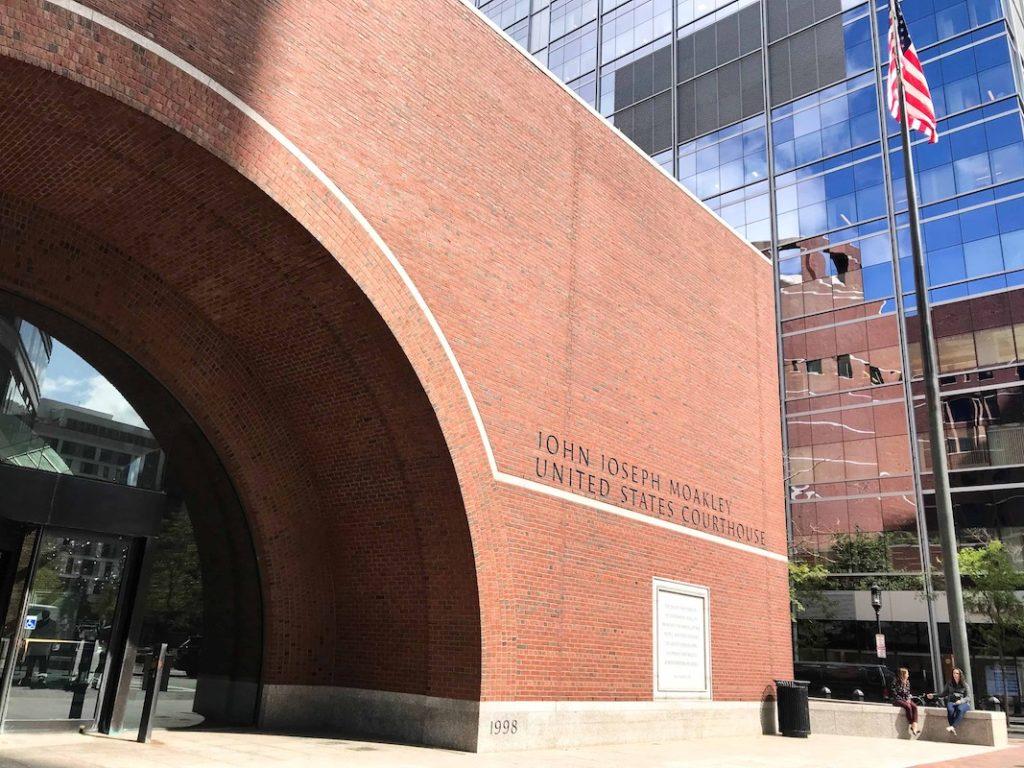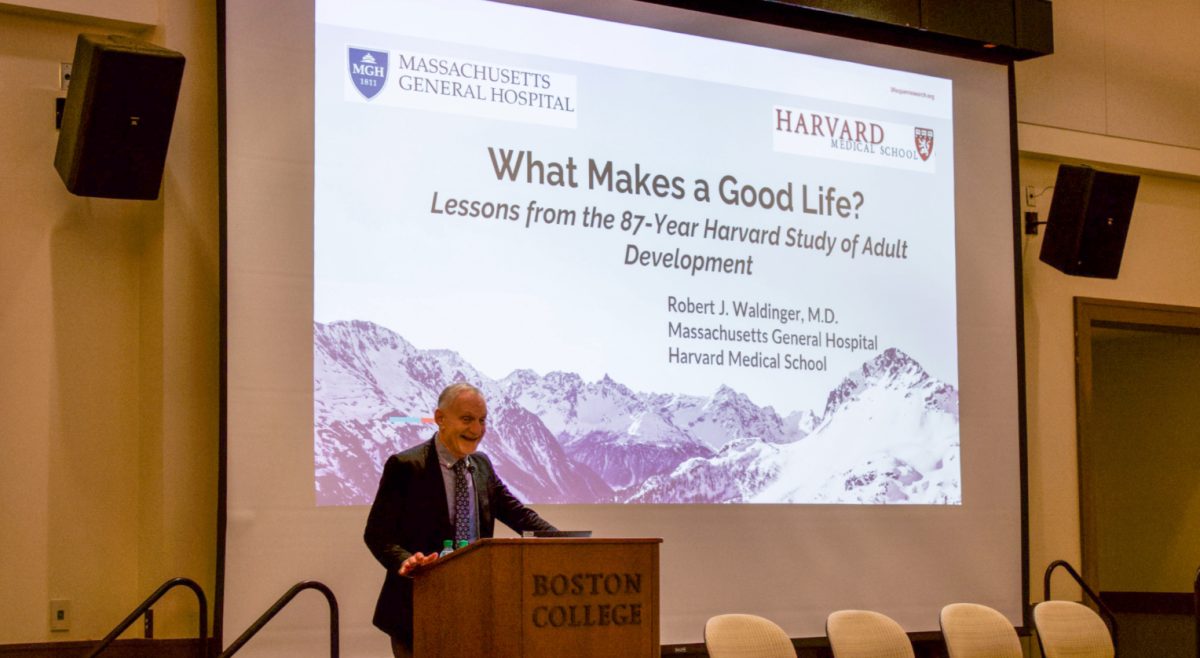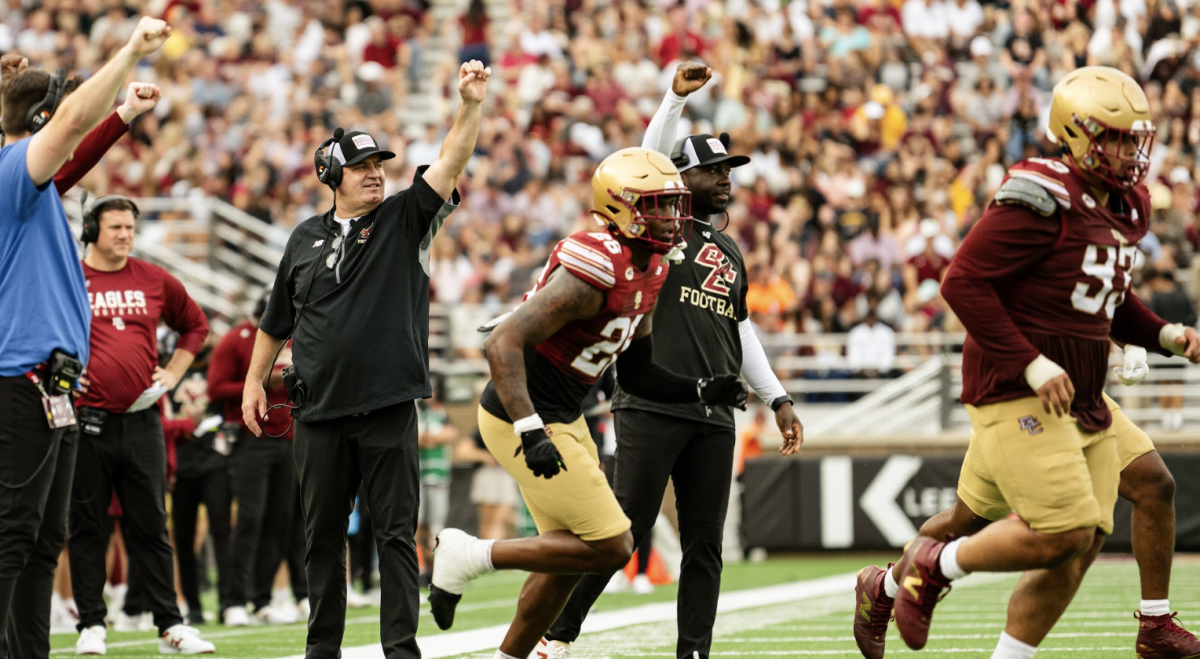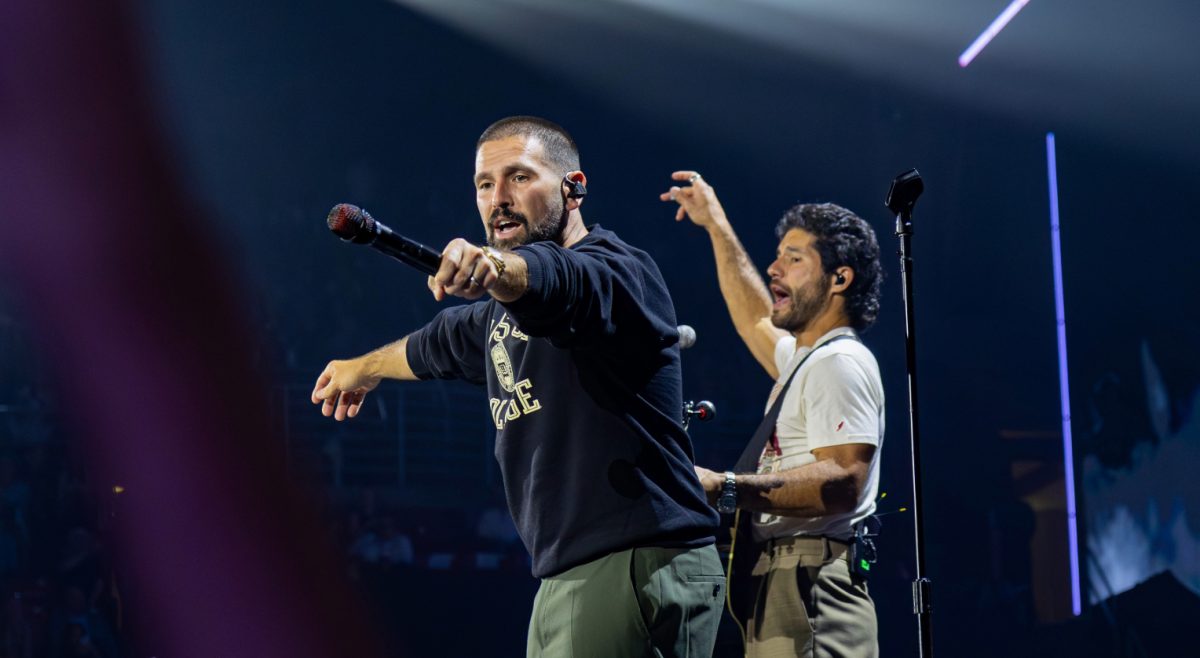A federal jury ruled in favor of the Boston College alumnus who had sued the University for improper interference in violation of fair process in his 2012 disciplinary hearing on Monday. The jury awarded the alumnus—referred to by the pseudonym “John Doe”—$102,426.50 in damages: $24,819.50 for tuition and fees for the semester he was suspended and $77,607 for one year of lost income as a result of his delayed graduation from BC.
Doe brought the lawsuit after an Administrative Hearing Board found him responsible for sexually assaulting a fellow student on the annual AHANA Leadership Council Boat Cruise. Throughout the disciplinary process, Doe claimed that another student—identified as “JK”—committed the assault. Doe was covering the cruise for The Heights when the incident occurred. The University initially suspended him for three semesters, and he had sought $3 million in damages and an expunged disciplinary record. He returned to BC for one semester and graduated in May 2014.
The jury said that the plaintiff proved by a preponderance of evidence that the Dean of Students office improperly interfered with the hearings in two communications with the head of the board, and therefore breached its contract with Doe to provide basic fairness. The jury also said that Doe proved by a preponderance of evidence that the interference caused the board to find him responsible.
The preponderance of evidence standard is based on whether evidence points to at least a 51 percent chance the breach of contract occurred.
“This trial involved a breach of contract claim under Boston College’s disciplinary procedures, not a claim of discrimination under Title IX,” Associate Vice President Jack Dunn said in an email to The Heights. “We are disappointed by the verdict, which we believe is contrary to the evidence presented at trial on the very narrowly defined issues before the jury. The University will be reviewing the matter internally to determine its options going forward.”
Doe was arrested the night of the cruise and charged with indecent assault and battery, but forensic evidence and video analysis released in early 2013 suggested that Doe did not commit the alleged assault. Prosecutors officially dropped the charges in May 2014.
Presiding Judge Denise Casper instructed the jury to consider only whether two communications between Carole Hughes, then-senior associate dean of students, and the head of the board, Catherine-Mary Rivera, violated the doctrine of basic fairness. The board’s decision not to wait for the evidence to be processed was not within the scope of the lawsuit.
In the first communication, Hughes said in an email to BC General Counsel Joseph Herlihy and then-Assistant Dean for Student Conduct Christine Davis—who had been hired in between the assault and the hearing—that it would be good if Rivera put JK “at ease.”
During the trial, Davis testified that she did not pass the message on to Rivera. None of the five members of the board testified to having been told to put JK at ease.
The second communication occurred the day before the board found Doe responsible. In an email to Hughes, Rivera said that the board was not leaning toward either “responsible” or “not responsible” and asked Hughes if “no finding” was an option.
Hughes then told Rivera over the phone that then-Dean of Students Paul Chebator said such a result would be “discouraged,” according to Doe’s lawyers. During the trial, Rivera did not recall this communication, but Hughes testified that it occurred.
The jury did not award Doe any damages for diminished earning capacity. Doe’s lawyers had argued that the stigma of the disciplinary hearing had affected future employment prospects.
This story will be updated.
Update 9/24/19 1:30 p.m.: Added a statement by Associate Vice President for University Communications Jack Dunn.
Featured Image by Colleen Martin / Heights Editor













